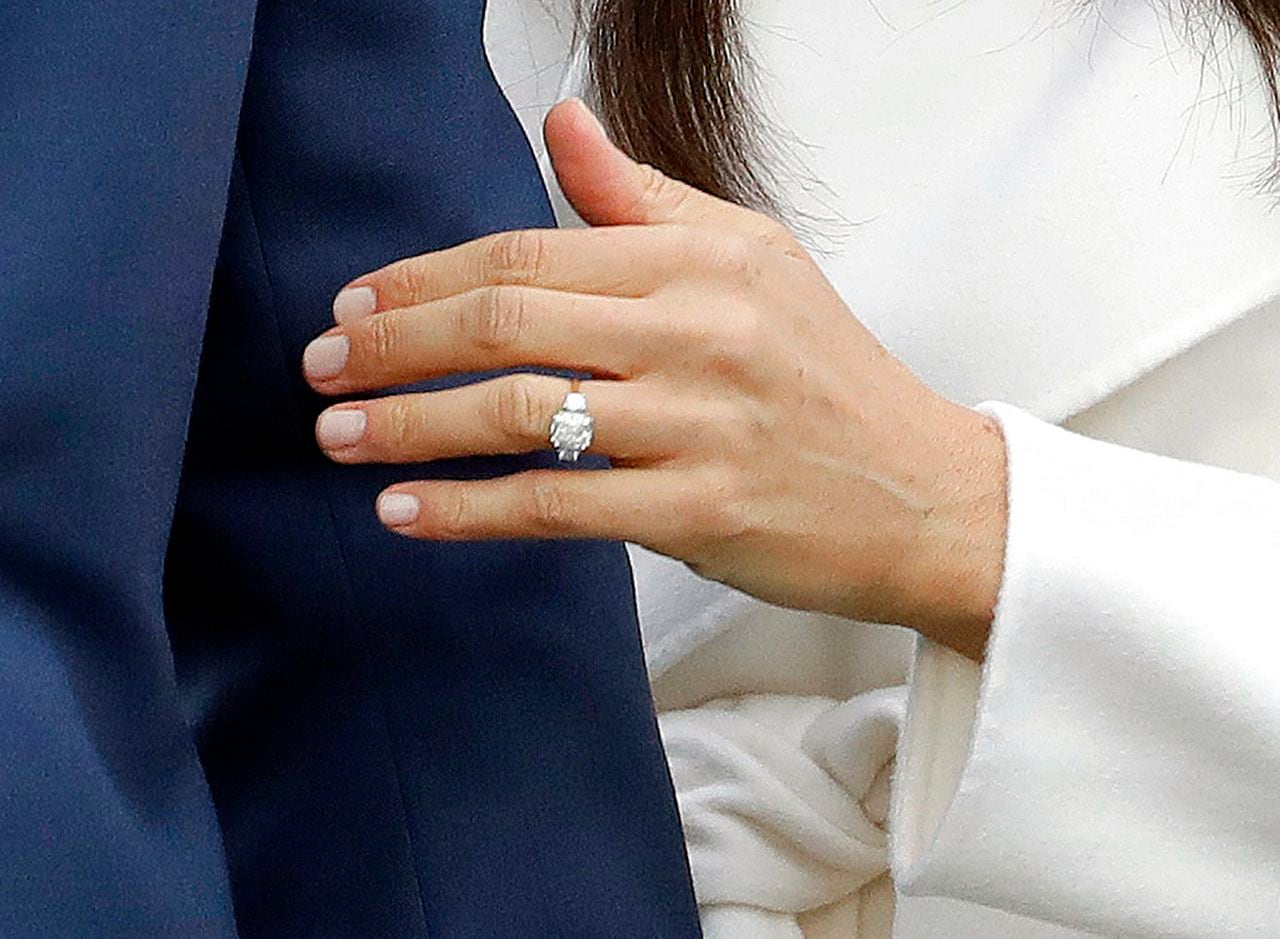
Imagine getting engaged under twinkling lights on Christmas or surrounded by roses on Valentine’s Day. It sounds like a scene from a romantic Hallmark movie.
But there might be a legal reason to avoid certain dates.
Technically speaking, an engagement ring is given on the condition the person marry you. However, the line between gift and contract gets blurry when the rock is given on a holiday or birthday.
“Rather than being seen as a conditional gift, conditional on the donee (receiver) going through with the marriage, there is a risk that a court could find the ring to be a traditional, non-conditional Valentine’s Day (or birthday, Christmas, Hanukah, etc.) gift instead,” a blog post by Wynn & Wynn Attorneys explains.
Wynn & Wynn Attorneys, based in Raynham, points out people can’t actually sue someone for breaking off the engagement, but there have been Massachusetts court cases with people trying to get the engagement ring back.
In September, Bruce Johnson brought his former fiancée, Caroline Settino, to court in Massachusetts, seeking the recovery of a $70,000 engagement ring and two wedding bands that costs $3,700 that he had purchased.
He ended the engagement in a voicemail after he thought his fiancée was cheating on him, adding that he was also berated by his fiancée “over a spilled drink, how he ate oysters, and the time it took him to access messages on his cell phone,” according to court documents.
Ultimately, it was ruled the rings be given back to Johnson, ABA Journal reported.
But if Johnson had proposed on Christmas, he might not have been able to get the rings back.
Simply put: It can be seen as a gift — not a contract.
A 2012 court case in Louisiana centered around the ring being given as a mix of a birthday gift, Christmas gift and a “shut up” ring to get the woman to stay with the man.
The court ruled the woman was allowed to keep the ring.
A 2004 court case in New York was brought by John Maiorana after he wanted the $2,862 engagement ring back from his former fiancée, Giovana Rojas. He said he proposed to her on Christmas Eve, while she said he proposed a few days later on Dec. 29, which was her birthday.
In part of Rojas’ argument, she claimed the ring was always considered a gift because of Christmas and her birthday, which means it is her property.
Maiorana’s claim was later dismissed.
Although these court cases weren’t in Massachusetts, they can be used to help someone’s case if brought up in the commonwealth. In 2017, the Washington Post reported that the majority of courts had allowed the receiver to keep the ring if given on a holiday or birthday.
Although you should still put in the effort to make your engagement romantic, Wynn & Wynn Attorneys suggests you “plan it for its own day (and not a holiday), and make it clear to your significant other that the ring is solely a gift conditioned on his or her promise to marry you and not a gift (in whole or in part) for any other occasion.”






